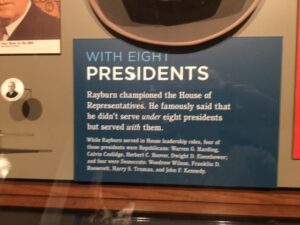Our nation’s founders had this glorious idea when they created an independent state in the New World that there ought to be three co-equal branches of government, with one of those branches — the judiciary — set aside to be free of political pressure.
The other two — the executive and legislative branches — would be wholly political, they reckoned.
It is a sad thing to acknowledge that the federal judiciary has become a political tool of the forces that seek to determine who sits in judgment on matters brought before the courts.
We are witnessing play out yet again with President Biden’s decision to nominate Judge Ketanji Brown Jackson to a spot on the nation’s Supreme Court. She is eminently qualified to serve on the court. Her stellar legal background and her educational chops ought to be sufficient to guarantee that the Senate would confirm her.
That isn’t the case. She was pilloried and pounded during her 19 hours of testimony before the Senate Judiciary Committee. Senators — those of the Republican ilk — chose to demonize her over her duties as a federal public defender. They criticized her sentencing practices, of course taking most of it out of context.
You can spare me the “what about-ism” involving Republican-appointed judicial nominees getting roughed up during their Senate confirmation hearings. I am well aware of what happened in the past. I am not going to give anyone a pass based on recent political history for the treatment that was leveled at Judge Jackson.
My concern is that the founders’ notion of lifting the federal judiciary out of the political sewer has been flushed away. They intended the federal bench to be free of politics by establishing lifetime appointments to the federal bench. Gosh, it seems to me at this moment that the lifetime appointment provision only has worsened the politicization.
I am left merely to lament the grievous wound that has been inflicted on the founders’ ideal when they established this great nation. I’ll just hope for all it’s worth that the wound isn’t mortal.

